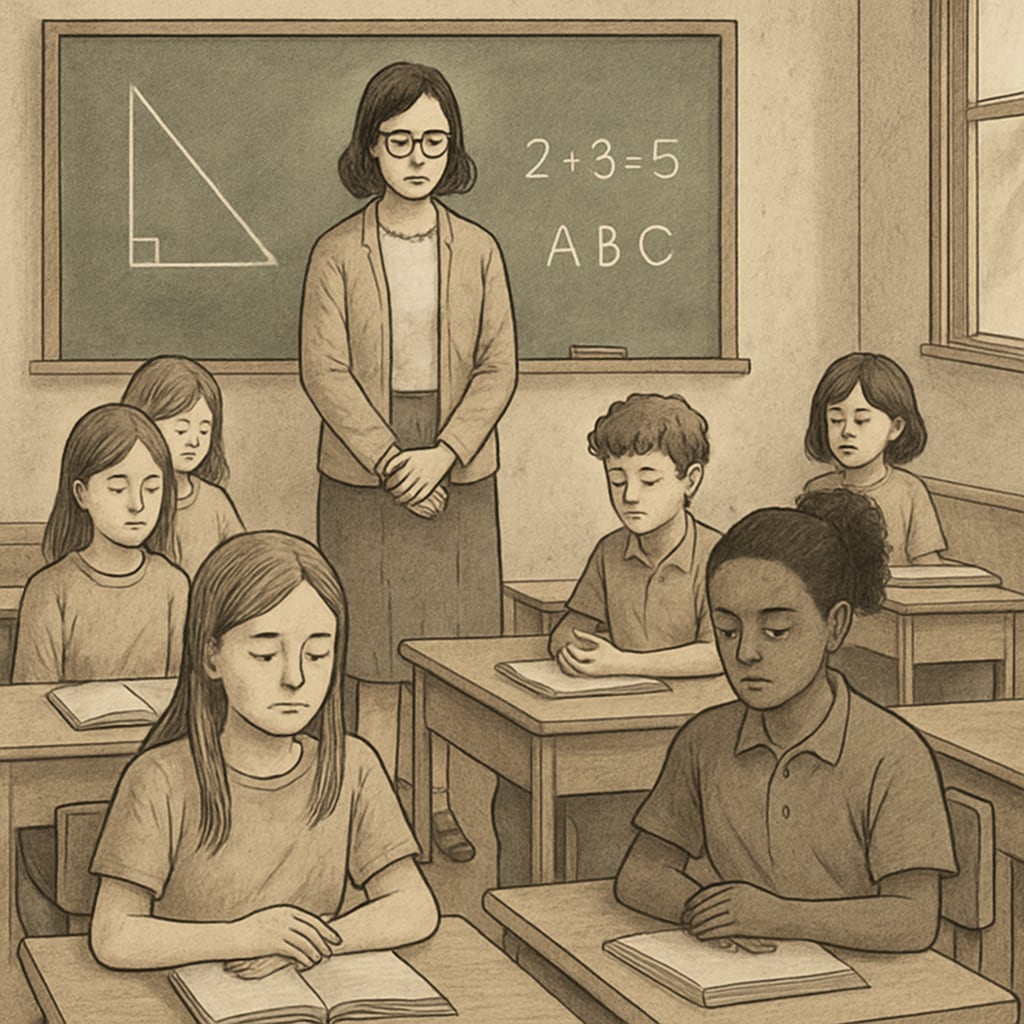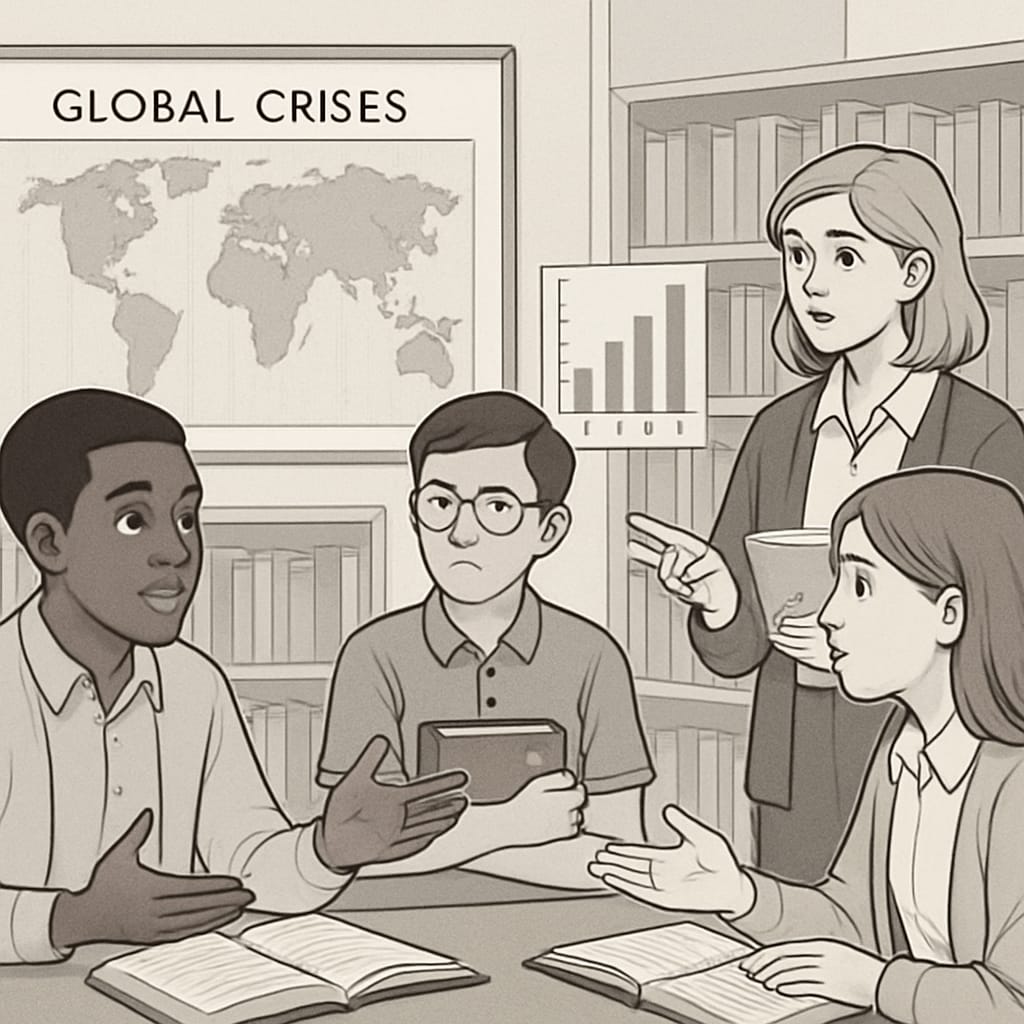The decision by some schools to shift a moment of silence originally intended for the Gaza crisis into a broader reflection on global victims of war has sparked debate. This practice raises essential questions about the role of education in navigating complex global issues. How can schools maintain political neutrality while fulfilling their moral responsibility to educate students about pressing world events? These dilemmas underline the challenge of balancing “neutrality” with the responsibility to address global crises meaningfully.
Neutrality in Education: A Shield or a Missed Opportunity?
Many schools claim that reframing moments of silence for global victims instead of focusing on the Gaza crisis stems from a desire to remain politically neutral. Neutrality in education is often viewed as vital to ensuring that schools serve as inclusive spaces for diverse student populations. However, critics argue that avoiding specific crises, such as the situation in Gaza, risks downplaying their significance and failing to promote critical awareness among students.
For example, the Gaza crisis, with its profound humanitarian implications, is not just a political issue but also a moral question. By generalizing the moment of silence, schools might inadvertently send a message that some crises are less important or too controversial to acknowledge directly. This could undermine the development of students’ capacity for empathy and critical thinking.

The Role of Moral Responsibility in Schools
Education extends beyond academic learning; it also involves fostering a sense of moral responsibility and global citizenship. Schools have a unique platform to introduce students to complex topics, helping them form their own informed opinions. When schools avoid directly addressing crises like Gaza, they may miss opportunities to teach students about the importance of humanitarian values and the interconnectedness of global events.
In addition, silence or avoidance can itself be perceived as a political act. As a result, students may interpret the lack of specific focus on Gaza as a dismissal of the suffering of individuals affected by the crisis. This could lead to a sense of disconnection from global issues, contradicting the educational goal of preparing informed, empathetic global citizens.

How Schools Can Balance Neutrality and Responsibility
While the intent to remain neutral is understandable, schools can adopt strategies to address sensitive topics like the Gaza crisis in a balanced and educational manner. Here are some approaches:
- Contextualize Moments of Silence: Instead of broad generalizations, schools can provide context for the observed silence, explaining the humanitarian impact of conflicts like the Gaza crisis.
- Encourage Open Dialogue: Create safe spaces for students to discuss global events and their implications. This fosters critical thinking and empathy without imposing specific political views.
- Integrate Global Education: Include curriculum elements that examine international conflicts and their human impacts, emphasizing humanitarian perspectives over political bias.
- Engage Experts: Invite humanitarian workers or educators specializing in global issues to provide balanced, factual insights into crises.
By adopting these methods, schools can educate students about the complexities of global issues while respecting the diversity of views within their communities.
Conclusion: The Need for Thoughtful Engagement
The decision to generalize moments of silence for global victims instead of focusing on the Gaza crisis reflects broader tensions in education. Schools must navigate the fine line between political neutrality and moral responsibility. While neutrality aims to prevent division, it should not come at the expense of addressing significant global events that shape the world students will inherit. By fostering informed discussions and encouraging empathy, schools can prepare students to engage with the world responsibly and thoughtfully.
Ultimately, education should not shy away from difficult topics. Rather, it should empower students to confront them with knowledge, compassion, and a commitment to making a difference.


